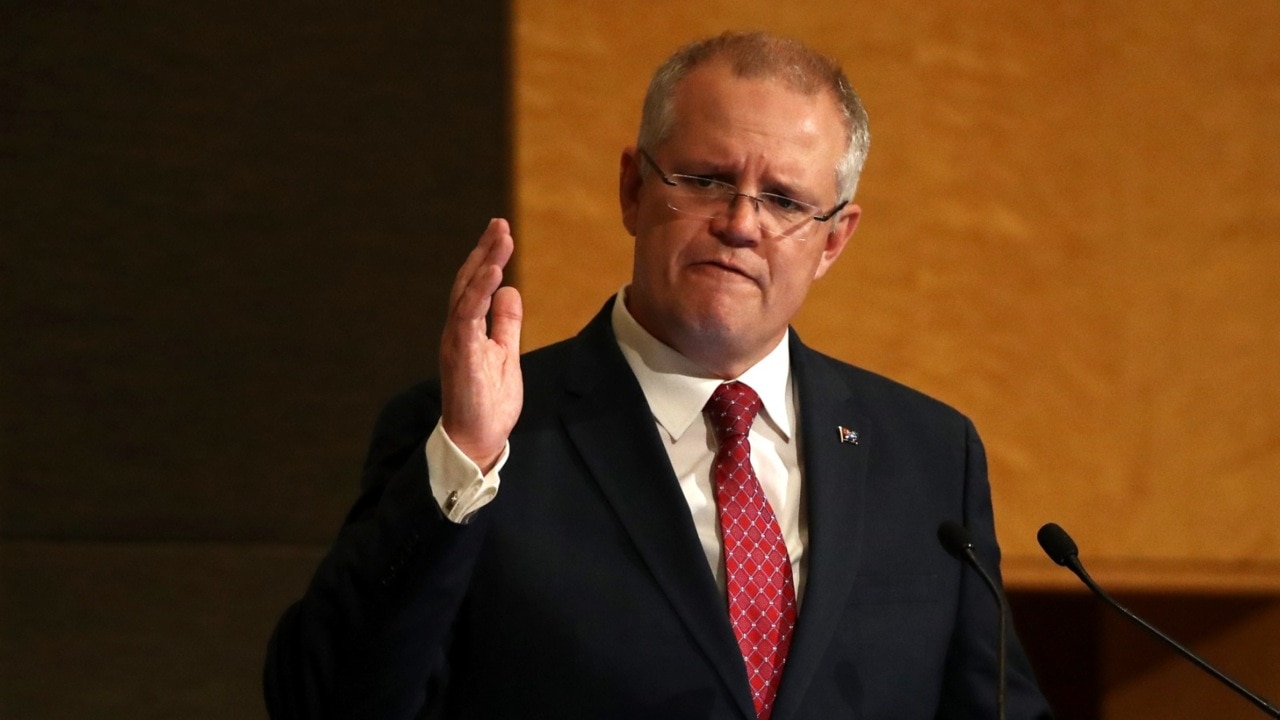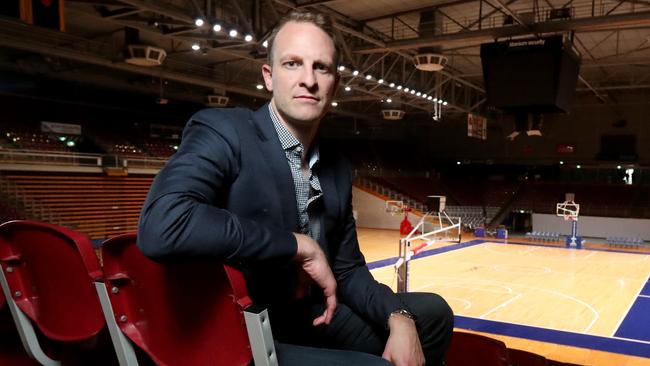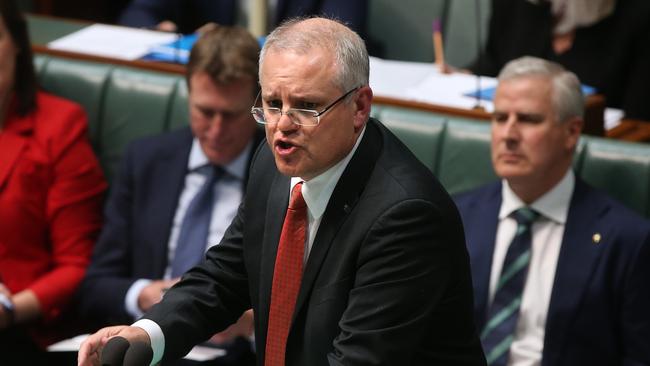Proposed tax changes ‘putting livelihoods of athletes at risk’, says Australian Athletes’ Alliance
THE Australian Athletes’ Alliance, which represents over 4000 Aussie athletes, has written to Treasurer Scott Morrison requesting an urgent meeting over proposed tax changes they believe could “threaten the viability of Australia’s sport industry”.

Other Sports
Don't miss out on the headlines from Other Sports. Followed categories will be added to My News.
A TAX crackdown on athletes in Australia proposed in the Federal Budget could see the A-League struggle to​ ever​ lure another superstar import like Alessandro Del Piero to the competition, and could prompt a foreign exodus of local talent in football and rugby.
Those are some of the fears of players’ representatives after Treasurer Scott Morrison announced a proposed change to the tax set-up for sports people on Tuesday.
Under the changes, from next year athletes would no longer be able to reduce their tax by directing money earned for their image rights — marketing, sponsorship and other off-field work — to a company.

Instead of a company tax rate of 27 per cent, athletes would have to pay it all as income tax at a rate of up to 20 per cent higher, which could see them paying five and six-figure sums more per year.
The Australian Athletes Alliance, the umbrella body of players unions, is seeking an urgent meeting with Morrison to stress the changes will have widespread consequences on the Australian sporting industry and hurt lowly-paid Olympic athletes as much as the big stars.
For those sports competing in the international marketplace — against countries who give generous tax breaks — the ability to recruit and retain talent will be massively impacted, the AAA say.
The A-League will struggle to be able to convince a major superstar to come down under instead of Asia or the Middle-East, said PFA boss John Didulica.
“It will make it tremendously difficult to attract high-quality football talent into Australia, the likes of Alessandro Del Piero,” Didulica said.

“But equally it’s going to make it increasingly difficult for Australian clubs to hold on to their local talent because of the competition from other markets, particularly across Indonesia, Asia and Thailand.
“What the problem will be is that more players will look to move away from the A-League because of the inability to structure their affairs the way they’ve done for decades. And this isn’t a loophole, it’s been a standing law in this country for decades.
“This follows the changes to the 457 visa, which has made it more difficult to bring foreign players into the A-League, and now we have this additional step from the government. It’s hugely problematic to bring in high-quality footballers from overseas.”
Rugby Union Players Association boss Ross Xenos said Australian rugby already struggles to keep players here, and the changes will make it even harder to retain Wallabies stars.
“I also have a concern that in order to maintain a world-class roster of our top 40 players to ensure our Wallabies are competitive, Australian rugby may actually need to pay greater wages to that group in gross terms,” Xenos said.
“Which then has the catastrophic effect of further reducing the investment we can make towards community rugby.”
AAA general secretary Jacob Holmes said the group — which contains all major sports AFL, NRL, cricket and so on — met in Sydney on Thursday.
“Modern-day sport is big business, so it’s important that the image rights of those putting on the show are protected,” Holmes said.
“If carried through, this decision would be felt by all athletes. Those who invest so much to compete at the highest level, and the ones we enjoy watching in sporting arenas around the country or on the many and varied digital platforms available.
“The impact won’t be limited to high-profile athletes. It will also affect athletes receiving low or modest incomes from their sports who may otherwise be unable to sustain semi-professionalism or professionalism by licensing their image to an entity in the future.
“It would seem the consequences of the tax policy haven’t been fully considered and we seek to meet with the Treasurer and other government representatives to provide insights into the significant impacts of the proposed changes.”
